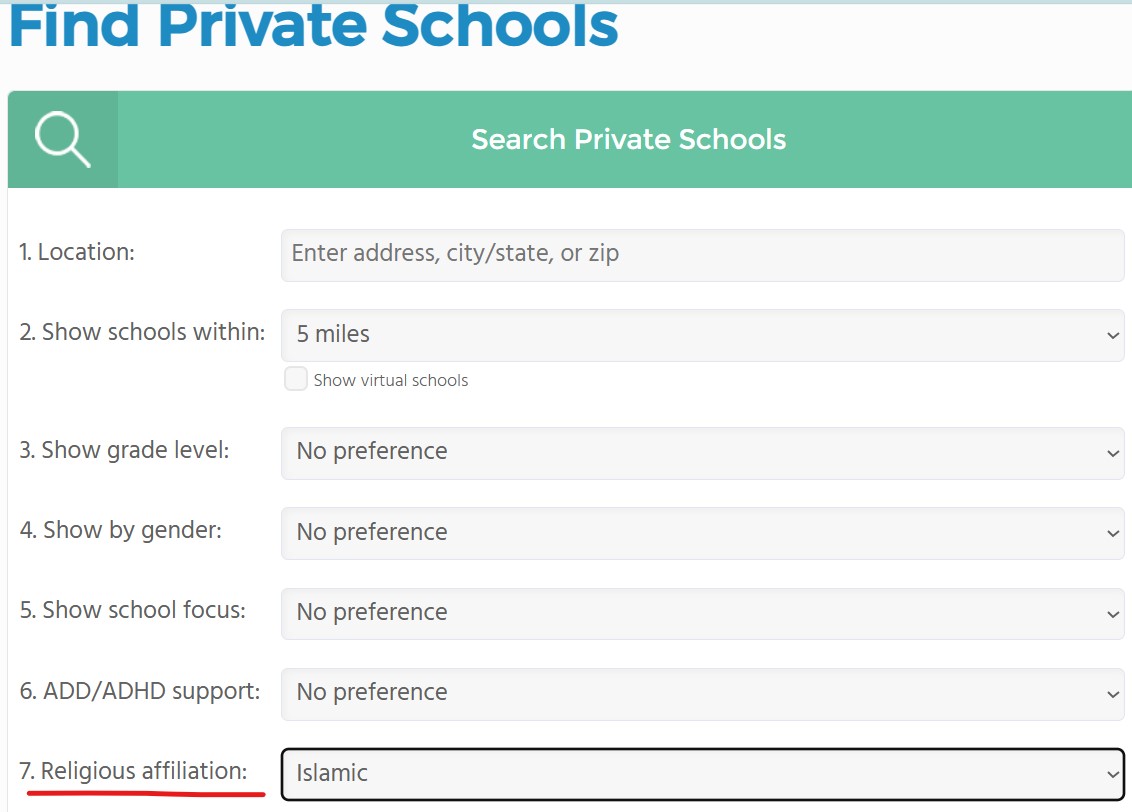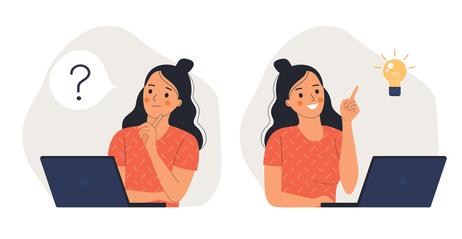The Spectrum of Islamic Education: From Secular to Orthodox
One of the reasons many parents send their children to private schools is to receive a comprehensive approach to their religion in the school's curriculum and activities. In this article, we'll offer some answers to questions about an Islamic education.
Looking for Islamic schools?? Use the powerful search engine on PrivateSchoolReview.com to see what schools are near you. Your Imam will also be able to help you select schools.

After you click on "Find Schools", click on Advanced Seach in the lower right-hand corner of the next screen.

Then select line 7.

Now, here are some common questions parents have about sending their children to an Islamic school.
Parent: Who should consider an Islamic education for their child?
Imam: Any parent who wishes to instill Islamic values, ethics, and knowledge in their children should consider an Islamic education. In today’s secular society, where competing ideologies and distractions often challenge our faith, it is essential to provide young people with a strong foundation in Islam. As the Prophet Muhammad (peace be upon him) said, "طلب العلم فريضة على كل مسلم" (Talab al-'ilm fareedah 'ala kulli muslim) — "Seeking knowledge is an obligation upon every Muslim." An Islamic education ensures that children grow up understanding their identity as Muslims while learning how to navigate


























